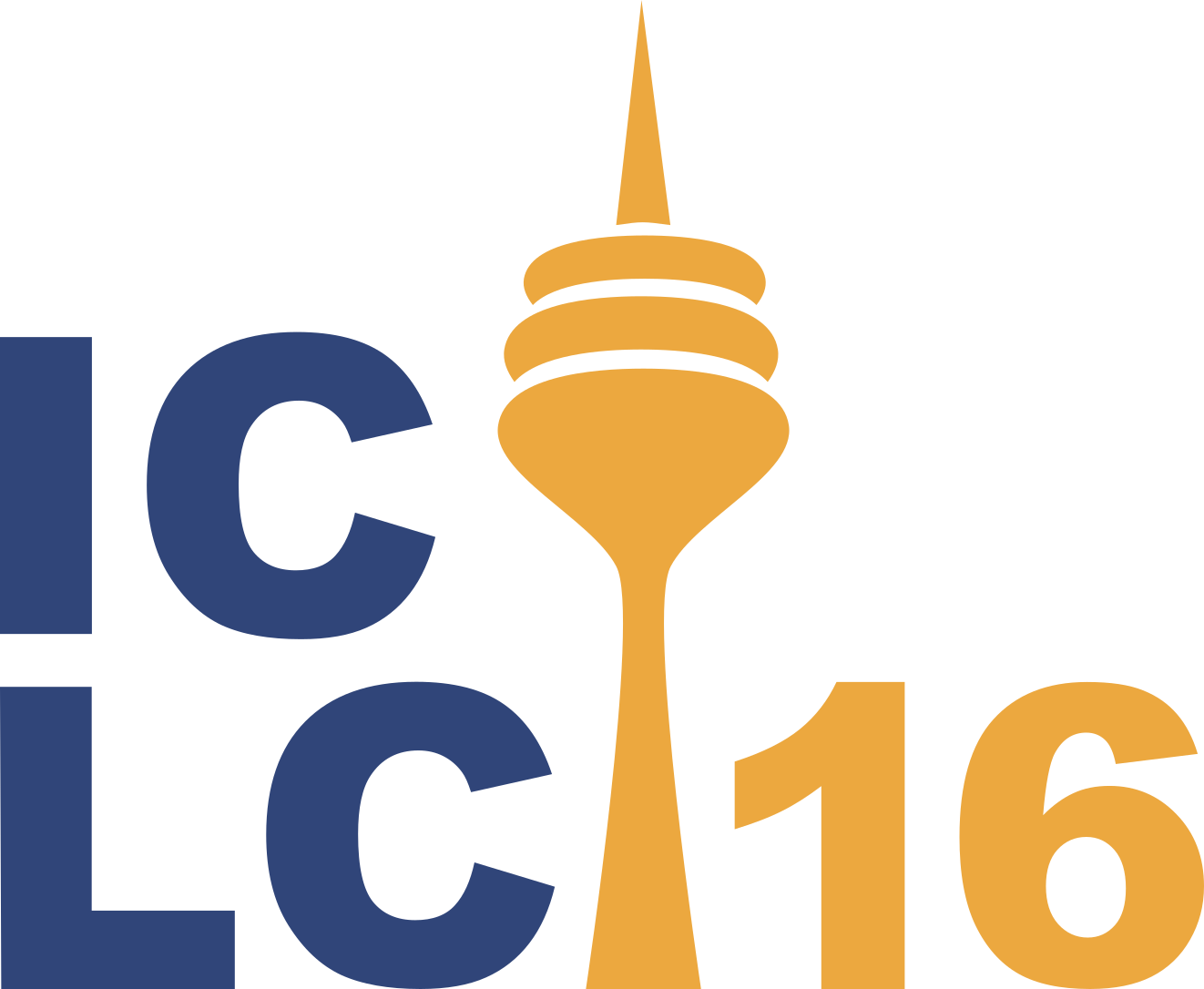Antje Endesfelder Quick (Leipzig University) & Nikolas Koch (LMU Munich)
When we think about language acquisition, we often think about acquiring one single language, however, multilingual speakers clearly outnumber monolingual speakers and any theory needs to take that into account. Growing up and living as a multilingual is different from monolinguals for one main reason: two languages coexist in one mind and are constantly interacting and influencing each other. Recent years have seen growing interest in usage-based approaches (UB) to multilingualism, language contact phenomena, and other subfields.
The overarching assumption across all these different subdisciplines is that knowledge of language(s) is inherently tied to knowledge of actual language use and generalizations over usage events. UB theory is thoroughly functionalist and seeks to explain language structure and function by drawing on a small set of basic cognitive mechanisms. Compared to traditional approaches, UB approaches view structural and social issues as intertwined and not isolated from each other. Linguistic experience with all its facets is put center stage, which, on the methodological side, translates into a thoroughly bottom-up, data-oriented approach that does not only concentrate on output but rather focuses on the interplay of in-and output. Specifically, UB approaches offer a breadth of methodological approaches that aim at describing in a data-driven and explorative way what exactly it is that children and speakers learn when they learn a language. Additionally, UB theories investigate how far cognitive and social factors influence the path of acquisition as well as contextual factors such as socioeconomic status, or input situations.
In this theme session, we want to apply UB perspectives to multilingual scenarios and their outcomes by investigating the interplay of input, output, and social factors. On the one hand, the theme session wants to tackle methodological and data-oriented issues relating to multilingualism, while on the other hand, it wants to elaborate on theoretical questions of how to model multilingual language scenarios and how it feeds back into a UB account of language learning.
